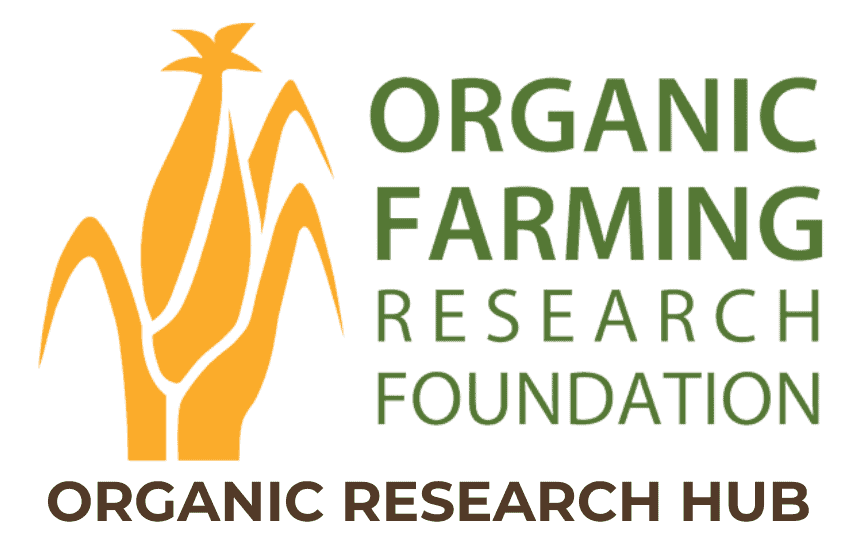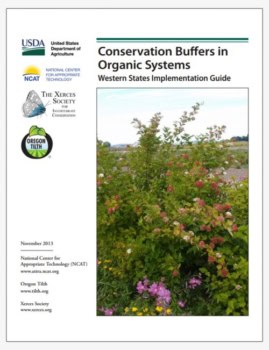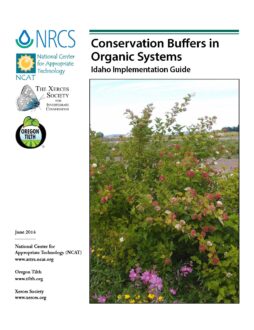Integrating conservation of generalist predators and specialist parasitoids in Pacific Northwest organic vegetables
William Snyder, Washington State University

Organic farms often have a diverse range of beneficial insects, but pest problems are still common. One reason for this may be that there are not enough of certain types of natural enemies, or that they are not diverse enough, to effectively control pests. Also, natural enemy populations might not be large enough during crucial times of the growing season to prevent damage from certain pests. One way to improve the effectiveness of natural enemies is to provide resources like overwintering habitats and nectar-producing plants within the field. These habitat improvements are intended to increase predator and parasitoid populations near crops, which should lead to better pest control. Two commonly recommended strategies for conserving natural enemies, beetle banks and alyssum plantings, were studied.
Over two growing seasons, higher densities of ground beetles and rove beetles were observed in fields with beetle banks compared to those without. However, the presence of more predator beetles did not affect how many sentinel fly eggs were eaten. Two field experiments were conducted to investigate factors that might limit fly egg consumption by predator beetles. It was discovered that high numbers of the ground beetle Pterostichus melanarius could reduce egg predation because P. melanarius preys on the smaller beetles that are most effective at eating fly eggs. It was also found that aphids could distract smaller beetles from preying on fly eggs. Alyssum plantings were evaluated in small plot experiments. Planting alyssum strips near broccoli and cabbage did not increase the parasitism of cabbage aphids.
The results of this study highlight several limitations of conservation biological control that growers should consider before investing in habitats that support natural enemies. It was shown that not all natural enemies encouraged by a conservation tactic are helpful for pest control, especially larger predators that mainly feed on other predators. Furthermore, the importance of determining whether successful natural enemy conservation actually leads to improved pest control in nearby agricultural fields was demonstrated.
Region
Western
Topic
Conservation and Habitat, Insect/Pest Management
Category
Vegetables/Fruits
Date Range
2001-2010
Funding Amount
$7,174
Funding Year
2003Location
Pullman, Washington
Collaborators
Erik Haakenson, Jubilee Farms,
Nate O’Neil, Frog Song Farm



